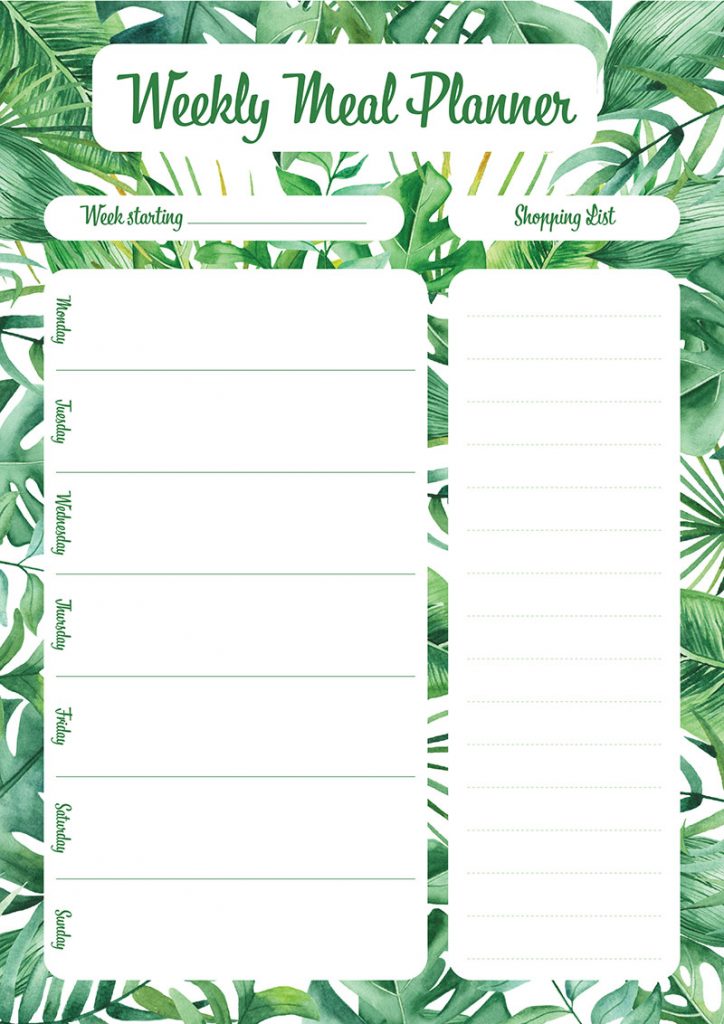Introduction
As parents of primary school children, managing their activities and meals can feel like a juggling act. From school schedules to extracurricular activities and ensuring nutritious meals, effective planning is essential for a well-rounded and healthy upbringing. In this blog post, we will explore practical strategies and tips to help you plan activities and meals for your primary school kids, fostering their growth and overall well-being.
Planning Activities
- Establish Priorities
Identify your child’s interests and passions. Encourage them to engage in activities that align with their preferences, be it sports, arts, music, or academics. Determine their availability and create a balanced schedule that accommodates their interests while allowing enough time for rest and relaxation.
- Utilise a Weekly Activity Calendar
Create a weekly activity calendar to keep track of your child’s commitments. Include school hours, extracurricular activities, playdates, and family time. By visualizing the week ahead, you can ensure that your child’s schedule is manageable and that they have ample time for both structured activities and unstructured play.
- Encourage Time Management
Teach your child the importance of time management by helping them prioritise tasks and allocate time for different activities. Instill good habits like completing homework before engaging in leisure activities or setting aside time for reading and practicing hobbies. Teaching your child to manage their time effectively will not only help them accomplish their tasks but also foster independence and responsibility.
- Foster Balance
Ensure a healthy balance between academic activities, physical exercise, creativity, and social interaction. Encourage your child to participate in a variety of activities to develop a well-rounded skillset. However, be mindful not to overload their schedule, as it is crucial for children to have downtime to rest, play, and explore their own interests.
Planning Meals
- Weekly Meal Planning
Designate a specific time each week to plan your child’s meals. Consider their nutritional needs and preferences, and involve them in the decision-making process. Plan a variety of meals that incorporate fruits, vegetables, whole grains, lean proteins, and healthy fats. This not only ensures a balanced diet but also exposes your child to different tastes and textures.
- Batch Cooking and Meal Prep
Simplify your mealtime routine by batch cooking and meal prepping. Prepare larger quantities of meals and store them in appropriate portions for later use. This approach saves time during busy weekdays and ensures that your child has nutritious meals readily available. Involve your child in meal prep activities, teaching them about food preparation and encouraging their interest in healthy eating habits.
- Make Healthy Choices Fun
Engage your child in making healthy food choices by involving them in grocery shopping and meal planning. Encourage them to select fresh produce, try new ingredients, and participate in age-appropriate cooking activities. Make meals visually appealing by incorporating vibrant colours and creative presentations, which can entice your child to enjoy nutritious options.
- Smart Snacking
Plan healthy snacks that your child can enjoy between meals. Pack a variety of fruits, vegetables, nuts, and yogurt as convenient and nutritious options. Avoid sugary processed snacks and encourage water as the go-to beverage to keep your child hydrated throughout the day.
- Establish a Mealtime Routine
Create a consistent mealtime routine that includes sit-down meals as a family whenever possible. This fosters a positive and relaxed atmosphere, encourages conversation, and promotes healthy eating habits. Limit distractions, such as screens or phones, during mealtime, and encourage your child to savor and enjoy their food.
To sum it all up
Effective planning for primary school kids’ activities and meals sets the foundation for their overall growth and development. By prioritizing their interests, creating a well-balanced activity schedule, and involving them in meal planning and preparation, you empower your child to thrive academically, socially, and nutritionally. Embrace a structured yet flexible approach, allowing room for spontaneity and adjustment. With thoughtful planning¹, you can create an enriching and nourishing environment that supports your child’s well-being and sets them on a path to a healthy and fulfilling future.

